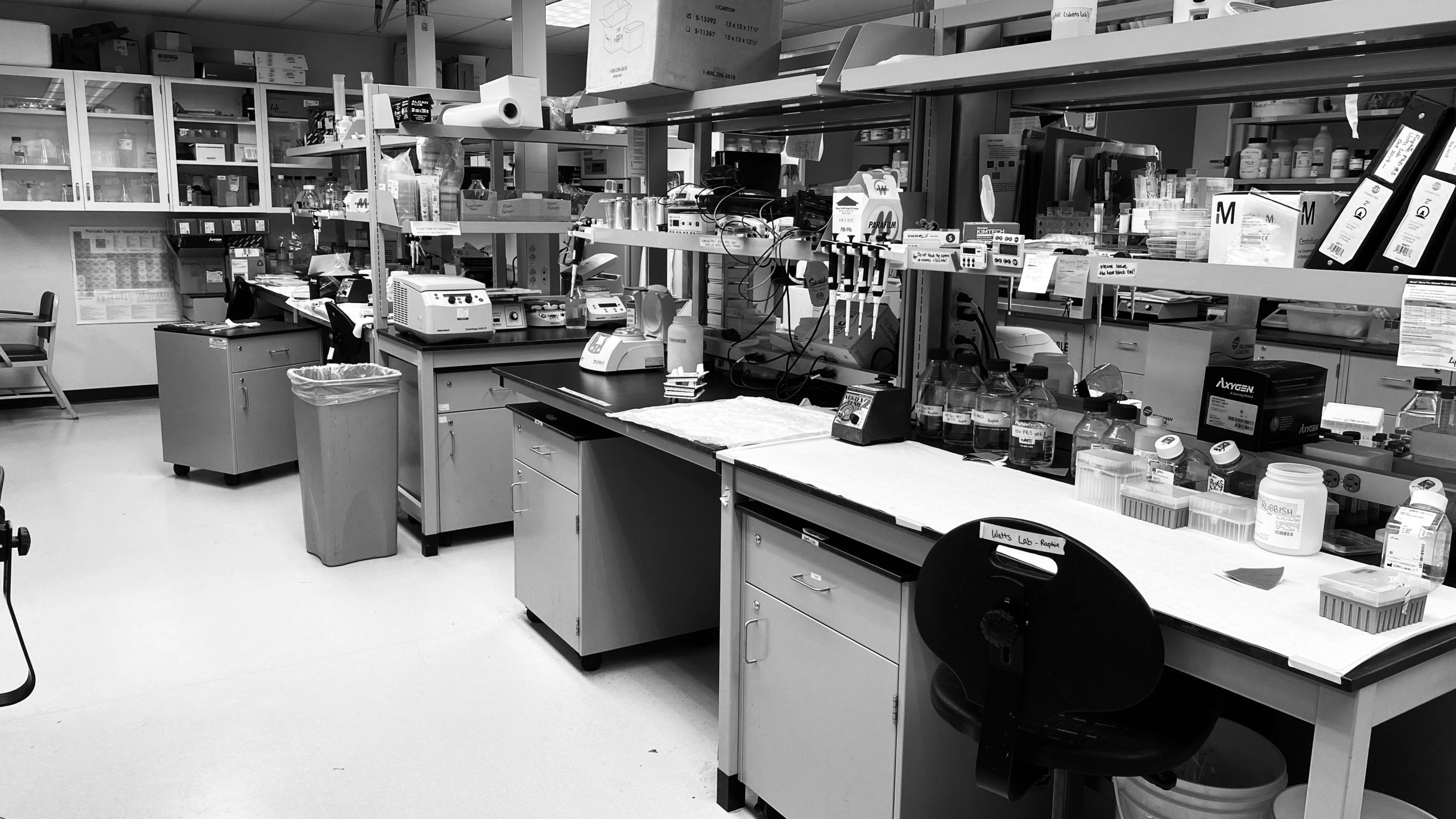One year in isolation: the mental health cost of COVID-19

written by Raphaella So
As I watched the clock strike 12 on March 13, 2021, I acknowledged that I had spent a whole year in isolation under the COVID-19 pandemic. Like most students in the department, I spent the first three months in complete shutdown, and the next nine months under a strict shift schedule as labs operate at 50% capacity.
Where I may differ from other graduate students is that while the morning and afternoon shifts are supposedly evenly split, the morning shift somehow ended up extremely quiet. Almost all graduate students in my immediate vicinity are scheduled for the afternoons, and within our lab, the morning shift is only populated by myself and one other member: our animal technician. Thus, with my only “shift buddy” splitting her time between our lab and the mouse facility upstairs, I barely see anyone at lab.
The morning shift’s low traffic has its perks: lower chance of COVID-19 exposure, unlimited access to my favorite ultracentrifuge, being able to find communal equipment the same place I left it two hours earlier… However, not seeing anyone at lab also gets incredibly lonely. I loved the ability to chat with my colleagues while pipetting at our benches or in between experiments at our desks. I enjoyed getting lunch together or going for mid-afternoon snacks and bubble tea while our samples were incubating. COVID-19 took all these away, and for the past year we could only go in, finish our wet lab work for the day, and go straight home. The fun parts of work are gone, and we are only left with the “work” part of work.
The pandemic has also made daily life more challenging, as many necessary services are closed or working at reduced capacity. Getting broken things fixed or replaced in the apartment is now complicated by restrictions on in-person shopping and on repair personnel entering condo units. The recent cell phone service outage in Canada was also incredibly scary because I thought it was either my phone or my SIM card at first, and both problems would require me to find an Apple or Fido store in a city where all non-essential stores are shut down. Another challenge I encountered is more specific to international students: getting my Hong Kong passport renewed when my annual trip back home was cancelled and the Chinese Consulate in Toronto was closed due to the pandemic. Therefore, I am not only stressed about doing lab work under reduced shift hours or potentially catching COVID-19 during my commute, but also about the simple daily things that COVID-19 shutdowns have inadvertently complicated… not to mention the “allergies or COVID-19” confusion every time I whip up the slightest cough.
Meanwhile, with no one else in my household, I cannot legally access my normal social outlets for stress and frustration. In the “before” times, a bad day at the lab would end with my friends and I getting noodles and dessert together to talk it all out. While we did some virtual gatherings over Zoom last year, those too had to stop when we started going to lab at different times and needed to adjust our sleep schedule accordingly. As a morning shift member, I usually have to get ready for bed before the afternoon shift is finished working.
With the many new stressors COVID-19 introduced this year, my mental health took a significant toll, and along with it, my productivity. I am missing emails or only replying after 7 days. I am forgetting to attend Zoom meetings that I have marked in my calendar. Tasks that do not have a hard deadline, such as analyzing data for my project or reading papers, are not being touched at all. This article about my lack of productivity took me one and a half months to write. I feel trapped in a vicious cycle: too stressed to get any work done, then even more guilty and stressed from being unproductive.
Perhaps the scariest part of surviving this pandemic alone is the illusion that I am the only one feeling overwhelmed, and that by admitting my inability to handle such stress, I have exposed myself as an incompetent graduate student, potential employee, or adult. Thus, it took me a whole year of living under COVID-19 to finally reach out to the university’s Health & Wellness counselling services and the Academic Success Centre to tackle my stress and productivity problems respectively. It is too early to tell if any of it is working, but I am trying my best. Finally, I just want to say: I can’t wait for this stupid pandemic to be over.
